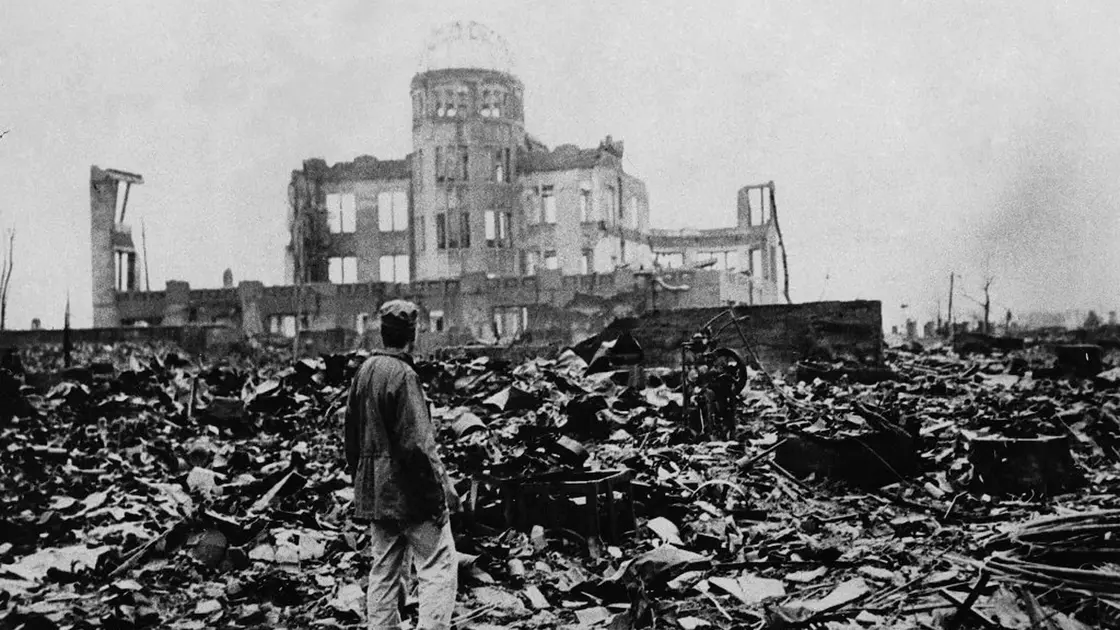T4K3.news
Ukraine calls for a rethink of Netrebko invitation
A coalition urges the Royal Opera House to reconsider inviting Anna Netrebko amid concerns of cultural propaganda tied to Russia and war crimes
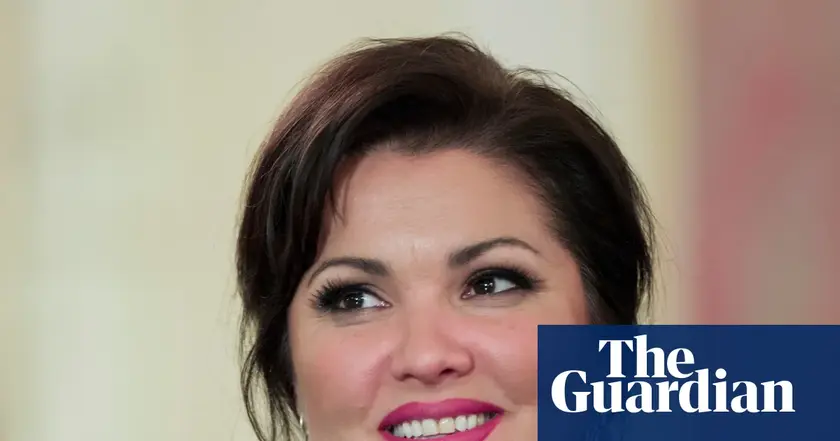
A petition signed by prominent Ukrainians and allies calls on the Royal Opera House to rethink inviting Anna Netrebko over claims of cultural propaganda tied to Russia and war crimes in Ukraine.
The Royal Ballet and Opera must reconsider its invitation to Anna Netrebko
A letter signed by a broad group of Ukrainian officials, scholars, and civic figures urges the Royal Opera House to rethink inviting Anna Netrebko to return to the stage in title roles. The signatories describe Netrebko as a longtime symbol of cultural propaganda for a regime responsible for serious war crimes in Ukraine. The appeal questions how a cultural institution can maintain credibility while inviting a performer seen by some as linked to that propaganda.
The letter also addresses the Royal Opera House stance on neutrality, arguing that geopolitical context cannot be ignored when evaluating a performer for a leading role. It cites Netrebko's past public signals in 2014 to Novorossiya as part of the history the company should weigh before deciding on future productions. The authors urge the institution to choose ethics over profit and to act in step with the wider international response to Russia's aggression against Ukraine.
Key Takeaways
"Art must stand with conscience not profit"
tweetable line about ethics in art
"Neutrality in art is a price paid by victims"
critique of neutrality claims in geopolitics
"Culture should not be a shield for propaganda"
call to separate culture from propaganda
"Courage to choose conscience over status defines a great institution"
remarks on institutional leadership
The episode highlights a growing friction between artistic programming and political accountability. Cultural venues increasingly face pressure to align programming with moral and humanitarian standards rather than treat art as a standalone sphere. When a performer with a controversial history is considered for major roles, audiences and funders scrutinize how the institution balances artistic merit with public values.
This case also shows how cultural diplomacy can become a flashpoint for policy and perception. A decision framed as neutrality can be read as quiet endorsement or as complicity, depending on the observer. Institutions may need clearer guidelines for handling political legacies in artist selection to avoid eroding trust with audiences and international partners.
Highlights
- Art must stand with conscience not profit
- Neutrality in art is a price paid by victims
- Culture should not be a shield for propaganda
- Courage to choose conscience over status defines a great institution
Cultural and political risk
The letter ties art to political stance and human rights in a way that could provoke backlash among supporters of Netrebko and segments of the audience. It also invites political scrutiny of a major cultural institution ahead of programming decisions.
The arts belong to the public square as much as to the stage
Enjoyed this? Let your friends know!
Related News
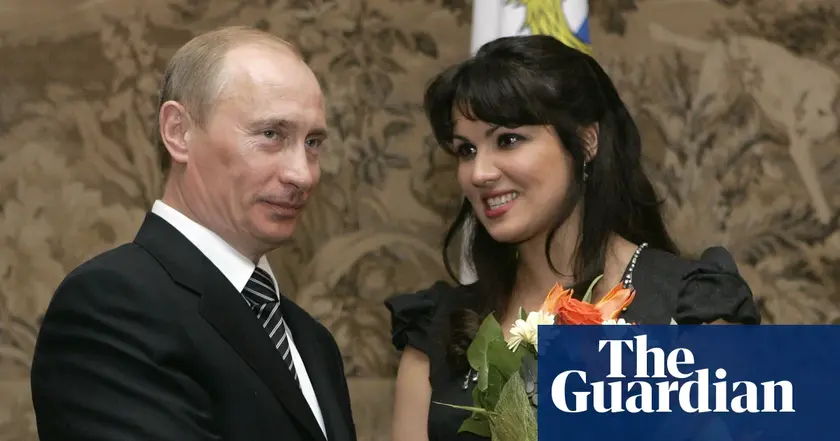
Cultural leaders urged to drop Netrebko

Europe to fund Ukraine defense continues
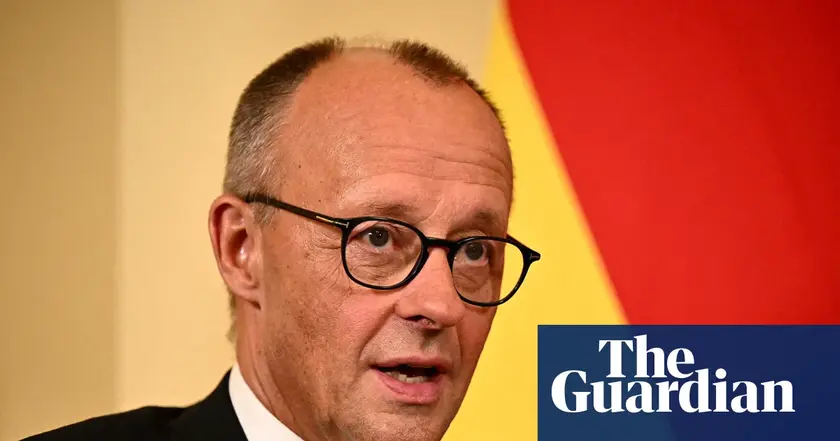
EU seeks red lines ahead of Trump Putin talks
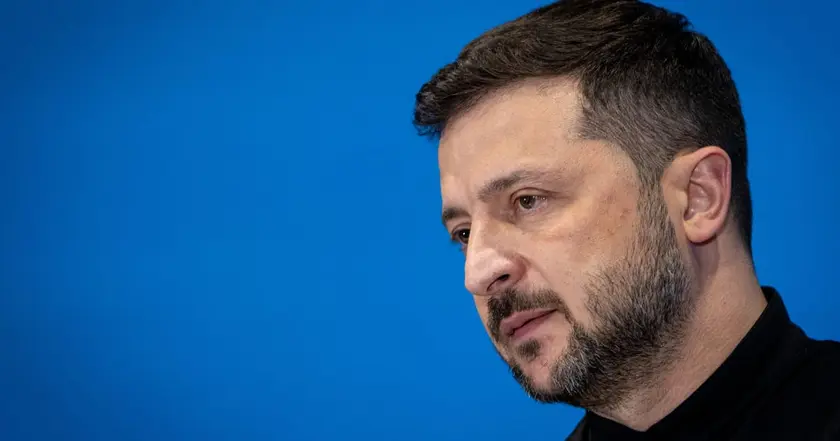
Zelenskyy calls for new round of peace talks with Russia
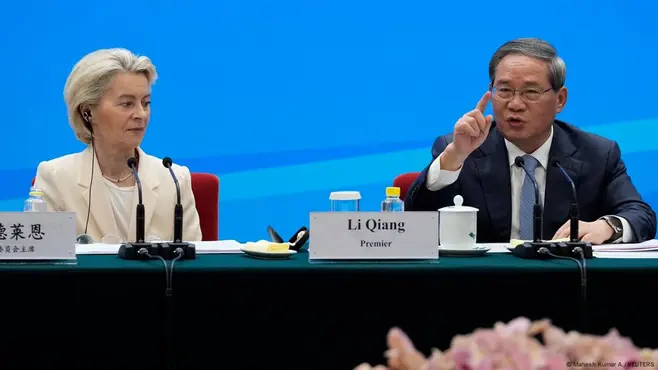
EU-China summit reveals deep-rooted conflicts
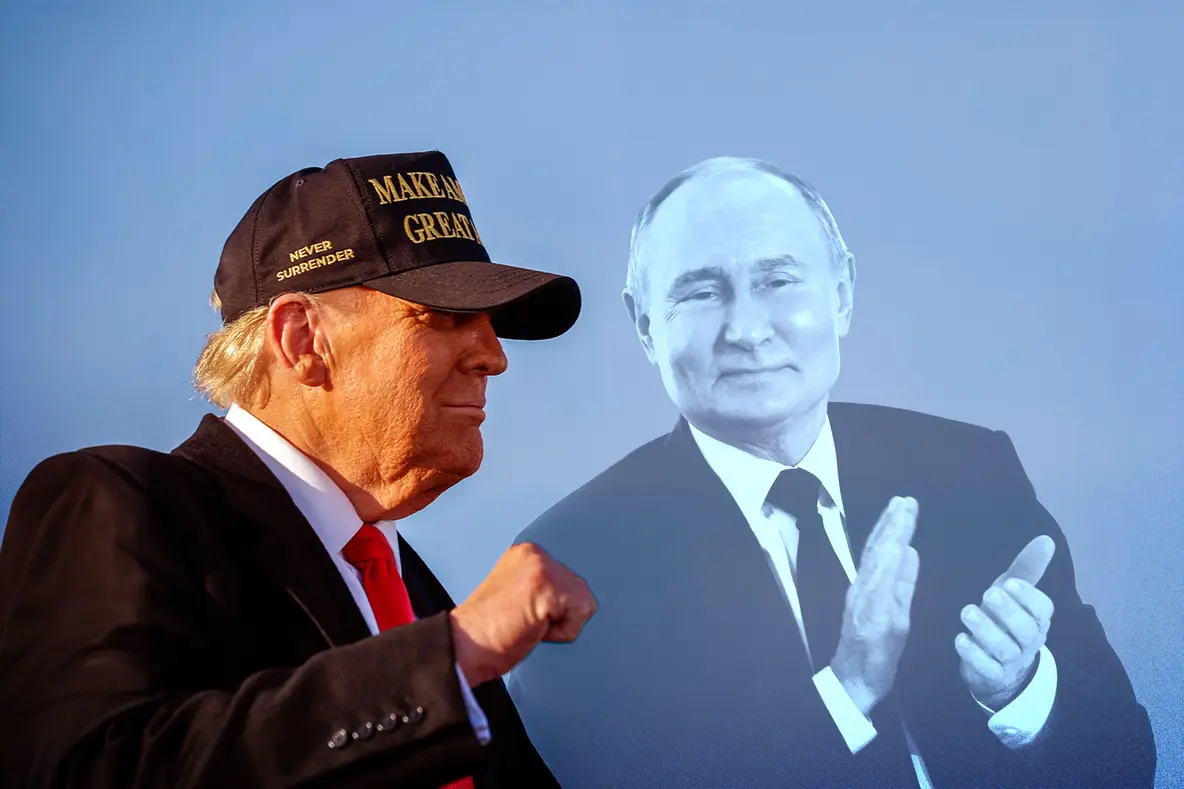
Ukraine at stake as Trump invites Putin to Alaska summit
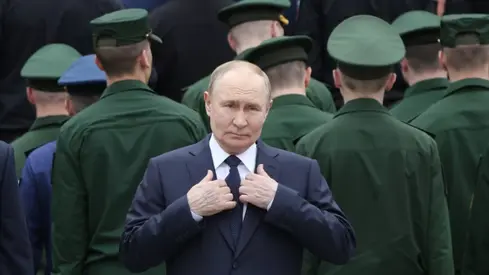
Putin and Trump meet in Alaska
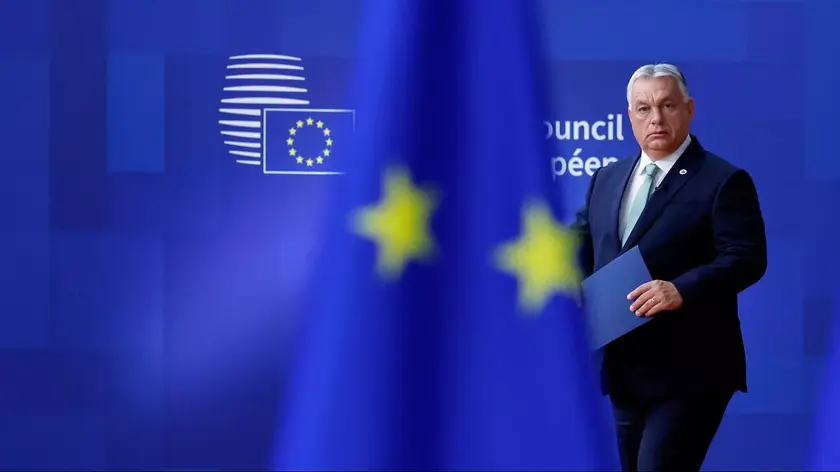
EU 26 backs Ukraine ahead of Alaska talks
